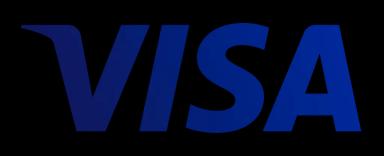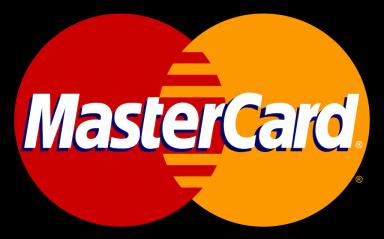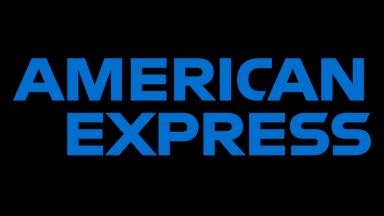Market
Pursuant to Title 15, United States Code, Commerce and Trade Chapter 107. Protection of Intellectual Property Rights Subchapter II. Cybersquatting Protection Section 8131. Cyber Piracy protections for individuals, 1 (A) Civil liability, any person who registers a domain name that consists of the name of another living person, or a name substantially and confusingly similar thereto, without that person"s consent, with the specific intent to profit from such name by selling the domain name for financial gain to that person or any third party, shall be liable in a civil action by such person.
Although we use techniques that aim to verify the accuracy and truth of the information provided by our users, user verification on the Internet is difficult. Friendly Marketing cannot and does not confirm, and is not responsible for ensuring, the accuracy or truthfulness of users' purported identities or the validity of the information which they provide to us or post on our sites.
At Friendly Market platform your items or services will expire 30 days after your post is published on our platform and you can post them again for free.
Content that violates any of Friendly Marketing policies may be deleted at Friendly Marketing discretion.
Friendly Marketing is not responsible for any items or services that posted on our platform and each item or service is related to their respective owner."
What you can share and do on Friendly Marketing
We want people to use Friendly Marketing to share their items or services that are important to them, but not at the expense of the safety and well-being of others or the integrity of our community. You therefore agree not to engage in the conduct described below (or to facilitate or support others in doing so):
You may not use our platform to do or share anything.
That breaches these Terms, our Community Standards, and other Terms and Policies that apply to your use of Friendly Marketing.
That is unlawful, misleading, discriminatory or fraudulent.
That infringes or violates someone else's rights, including their intellectual property rights.
You may not upload viruses or malicious code, or do anything that could disable, overburden, or impair the proper working or appearance of our services.
You may not access or collect data from our Products using automated means (without our prior permission) or attempt to access data that you do not have permission to access.
We can remove or restrict access to content that is in violation of these provisions.
If we remove items or services that you have shared in violation of our Community Standards, we'll let you know and explain any options you have to request another review, unless you seriously or repeatedly violate these Terms or if doing so may expose us or others to legal liability; harm our community of users; compromise or interfere with the integrity or operation of any of our services, systems or products; where we are restricted due to technical limitations; or where we are prohibited from doing so for legal reasons.
To help support our community, we encourage you to report content or conduct that you believe violates your rights (including intellectual property rights) or our terms and policies.
We also can remove or restrict access to your content, services or information if we determine that doing so is reasonably necessary to avoid or mitigate adverse legal or regulatory impacts to Friendly Marketing.
Communications Decency Act (CDA) of 1996
Section 230 is a piece of Internet legislation in the United States, passed into law as part of the Communications Decency Act (CDA) of 1996 (a common name for Title V of the Telecommunications Act of 1996), formally codified as Section 230 of the Communications Act of 1934 at 47 U.S.C. § 230. [a] Section 230 generally provides immunity for website publishers from third-party content. At its core, Section 230(c)(1) provides immunity from liability for providers and users of an "interactive computer service" who publish information provided by third-party users:
No provider or user of an interactive computer service shall be treated as the publisher or speaker of any information provided by another information content provider.
Section 230, as passed, has two primary parts both listed under §230(c) as the "Good Samaritan" portion of the law. Section 230(c)(1), as identified above, defines that an information service provider shall not be treated as a "publisher or speaker" of information from another provider. Section 230(c)(2) provides immunity from civil liabilities for information service providers that remove or restrict content from their services they deem "obscene, lewd, lascivious, filthy, excessively violent, harassing, or otherwise objectionable, whether or not such material is constitutionally protected", as long as they act "in good faith" in this action.





